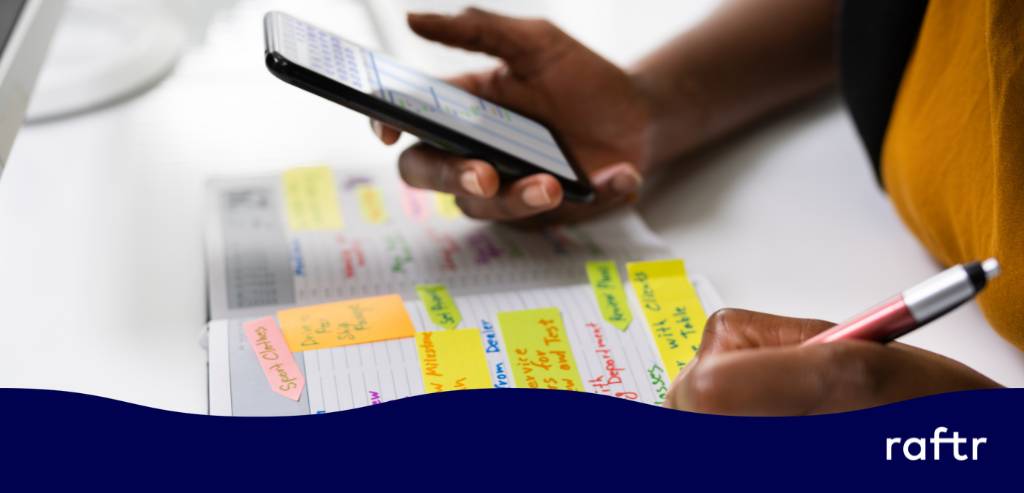As a community administrator, understanding and analyzing event engagement data can provide valuable insights into the activities and interactions happening within your community. By leveraging this data effectively, you can enhance the community experience, drive engagement, and tailor your events to better meet the needs and expectations of your community members.
In this blog post, we will explore four key ways community administrators can leverage event engagement data to optimize their community events.
1. Tracking event attendance and participation:
One of the primary benefits of event engagement data is the ability to track attendance and participation levels. By analyzing metrics such as event registrations, check-ins, and session attendance, community administrators can assess the popularity and success of different events. This information helps identify which types of events resonate most with the community and guides future event planning efforts.
2. Understanding event feedback and satisfaction:
Event engagement data also provides valuable feedback on participant satisfaction. By analyzing metrics such as event surveys, ratings, and comments, community administrators can gain insights into the overall experience and identify areas for improvement. This feedback helps enhance future events by giving admins valuable insights that allow them to better meet the needs and expectations of community members in the future, so members remain engaged and active participants in their community.
3. Personalizing event recommendations and invitations:
Event engagement data can also be used to personalize event recommendations for community members. By analyzing metrics such as event attendance history, session preferences, and user profiles, community administrators can provide targeted event recommendations that align with the interests and preferences of individual community members. This personalization enhances the user experience, increases engagement with community events and makes each individual member feel important & cared for, so they are more likely to retain.
4. Assessing event ROI and impact:
Event engagement data plays a vital role in assessing the return on investment (ROI) and impact of community events. Metrics such as event registrations, attendee feedback, and post-event actions (e.g., conversions, community interactions) help evaluate the success and effectiveness of events. This information guides event planning and resource allocation decisions so administrators can make the most out of their potentially limited time & budgets.
Final thoughts:
Leveraging event data as a community administrator is a powerful way to optimize community engagement. By tracking attendance, understanding participant satisfaction, personalizing event recommendations, and assessing event impact, community administrators can make data-driven decisions to enhance the community experience and drive engagement.
We hope this blog post has provided you with valuable insights into leveraging event engagement data as a community administrator. If you have any questions or would like to learn more, feel free to reach out. Happy event planning!
